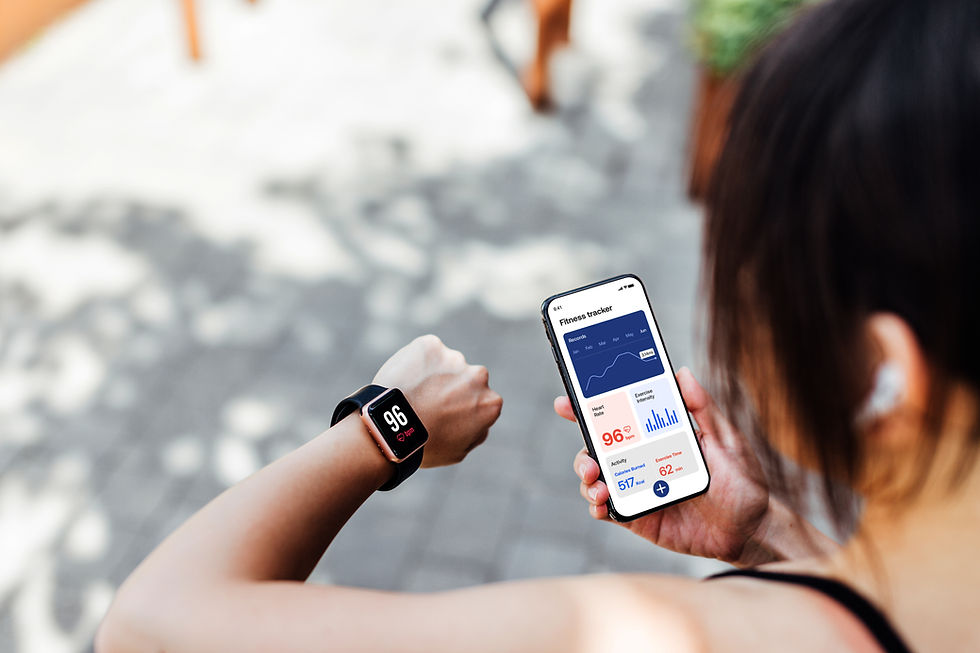Advancements in Preventive Healthcare
- Paul Aguirre
- Nov 2, 2023
- 2 min read

In bygone days, a yearly checkup with your primary care physician and a routine OB-GYN visit summed up preventive healthcare for many. A brief session with healthcare providers ensured everything was in order from head to toe. Fast forward to today, the healthcare landscape has dramatically transformed, notably accelerated by the telehealth surge amidst the pandemic. The influx of digital health gadgets and services now empowers individuals to take proactive steps towards their health, right from the comfort of their homes.
Telehealth and modern health technology, hand in hand, aim to nip potential health issues in the bud or help individuals better comprehend their body's workings. While Artificial Intelligence (AI) remains somewhat a fresh entrant in the medical arena, its potential in revolutionizing preventive care is significant. For instance, AI-powered vocal analyzers are making strides in mental health diagnostics, aiding in identifying vocal alterations indicative of mental disorders. On the other hand, wearables like the Apple Watch have become household names in monitoring vital signs, especially heart health indicators, in real-time.
The burgeoning preventive healthcare technologies don't end here. Full-body MRI scans have carved a niche in early detection of potential health threats. Companies like Ezra and Prenuvo are leveraging advanced MRI technology to conduct detailed scans of multiple organs, enabling early identification of cancerous developments among other issues. Although these comprehensive scans come with a hefty price tag and the possibility of false positives, they herald a promising frontier in preventive healthcare.
Moreover, AI is bridging the diagnostic time-gap, ensuring quicker and more accurate detection of ailments. Pre-appointment AI interfaces collect symptom data from patients, providing a preliminary diagnosis base for healthcare providers. This streamlined process not only frees up valuable time for medical professionals but also augments the overall patient experience. Particularly in mental health care, AI's capability to analyze subtle voice changes during telehealth sessions is a leap towards accurate mental health diagnostics.
Wearable technology too is making waves, with its capability to monitor heart health. Devices now can detect irregular heartbeats or atrial fibrillation, offering early warnings to individuals, thus averting potential cardiac calamities.
The comfort of home has also become the new frontier for a range of medical tests. Whether it's evaluating Alzheimer's risk factors, investigating causes of hair loss, or assessing women's reproductive health, at-home tests have brought a world of convenience. For instance, novel tests like the At-Home Vaginal Microbiome Screening Kit by Daye and the AMH blood test from IHDLab provide invaluable insights into women's health, all from home's privacy.
However, despite the digital health evolution, the importance of in-person consultations remains undiminished. These digital tools are designed to complement, not replace, traditional healthcare services. They provide a springboard for informed discussions with healthcare providers, ensuring a collaborative and informed path towards optimal health.
In conclusion, the marriage of modern technology with preventive healthcare is a monumental stride towards a health-conscious society. As individuals become more attuned to their bodies, and as healthcare providers gain access to better diagnostic tools, the horizon of preventive care continues to expand, promising a healthier populace in the foreseeable future.
Read the full article on SheKnow's Here:



